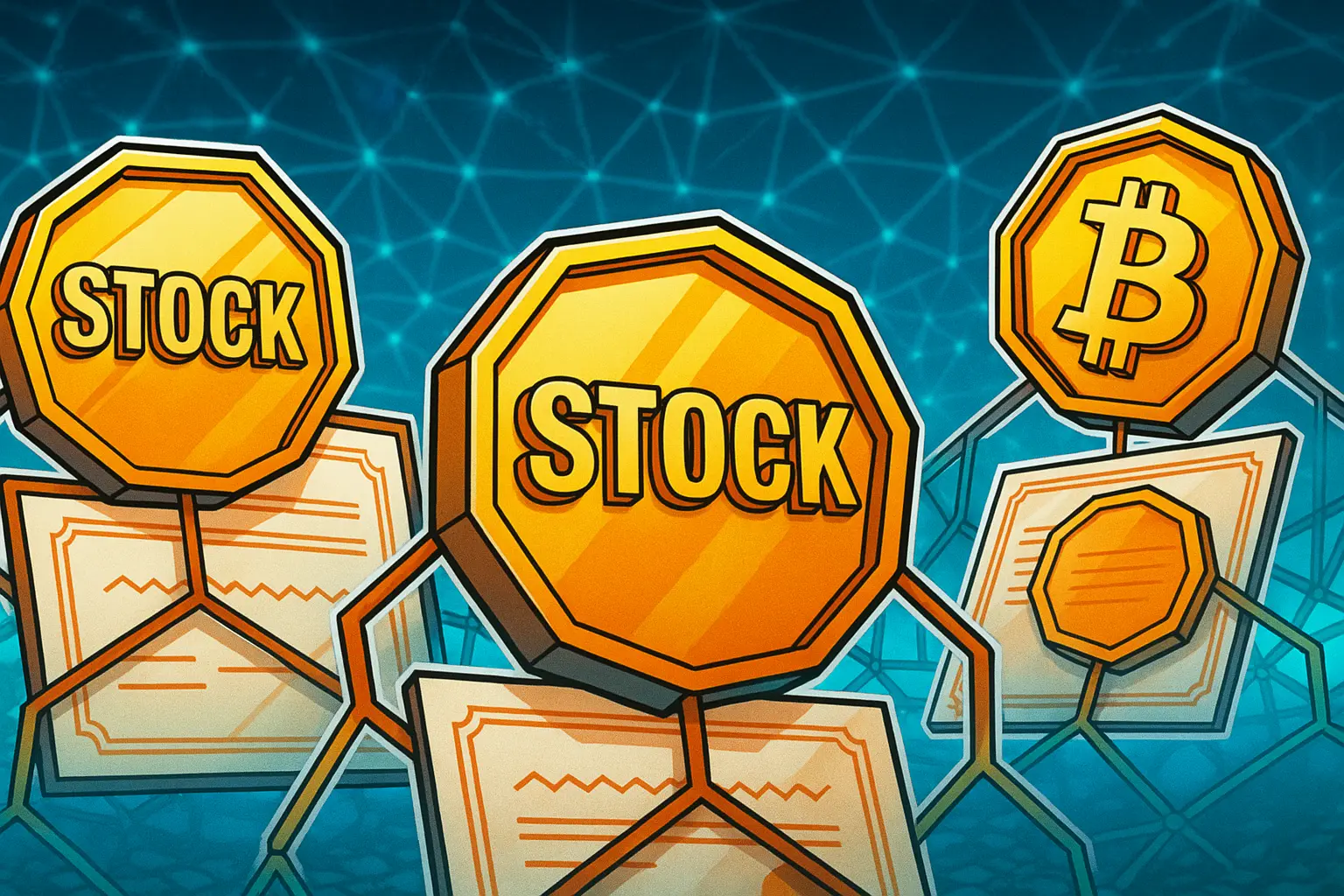But unlike conventional shares, they usually don’t provide ownership rights, dividends, or voting power. Most rely on legal wrappers, such as Special Purpose Vehicles (SPVs), which hold the actual shares on behalf of investors. What you get as a token holder is more like a derivative contract tied to the stock’s performance rather than the stock itself. This model has opened new doors for global and retail access but also sits in a regulatory gray area that’s now moving closer to mainstream recognition.
Big Platforms, New Approaches
- Robinhood Europe (2025): Launched over 200 tokenized stocks and ETFs—including giants like OpenAI and SpaceX—via a third-party blockchain solution built on SPVs. Trading is 24/5, fee-free, but there’s no legal claim to shares or voting rights. Major issuers publicly distanced themselves from these tokens, underlining legal uncertainty.
- Kraken & xStocks: In partnership with Swiss-based Backed Finance, Kraken lists tokenized Apple, Tesla, and Meta on Solana, using Chainlink “Proof of Reserve” to assure 1:1 backing. These xStocks can be held natively, traded, or used as DeFi collateral (e.g., Kamino, Raydium, Jupiter).
- Bybit & Bitget: These exchanges joined the xStocks Alliance, offering tokenized equities on BNB Chain and Solana, with a focus on flexibility and DeFi integration. Legal clarity, however, is still a challenge.
- Gemini & Dinari: Gemini takes a regulatory-first approach, issuing MiFID-II-compliant tokenized stocks in the EU, with strict reporting and clear legal structures.
Wall Street to Web3: The DeFi Integration
The real draw for tokenized stocks is their integration into decentralized finance. On Solana, xStocks can serve as:
- collateral for loans (e.g., Kamino);
- tradeable assets on DEXs like Raydium and Jupiter;
- liquidity pool components or paired with stablecoins.
This opens up new strategies—automated pair trading, arbitrage, hedging—blurring the lines between traditional assets and DeFi. But it also raises key questions: How resilient are these protocols under stress? Who is liable in a system crash?
Private Markets: Democratization or Overreach?
Robinhood’s move to tokenize private companies like OpenAI and SpaceX is controversial. While these assets were once exclusive to institutional investors, retail can now buy exposure via blockchain tokens. But neither OpenAI nor SpaceX have endorsed the process, and token holders have no direct claim on the company—everything runs via third-party contracts. Former SEC chair Jay Clayton calls these offerings “unregistered derivatives with questionable value.”
Regulation: USA vs. Europe
In the U.S., the SEC is still dragging its feet on tokenized equities, keeping the space in a regulatory limbo. Europe, meanwhile, is moving much faster. Under MiFID-II, tokenized securities can operate if they meet strict guidelines, Germany is experimenting with digital exchanges through the DLT Pilot Regime, and Switzerland along with Liechtenstein have turned into safe havens for innovators by offering sandbox environments for custody and trading models like Backed Finance.
Because of this split, most serious providers set up shop in these friendlier European jurisdictions, where the rules are clearer and the regulators are more open to experimentation.
Whether this becomes a true financial revolution or just a sophisticated wrapper for existing assets depends on how quickly trust, regulation, and infrastructure catch up.


